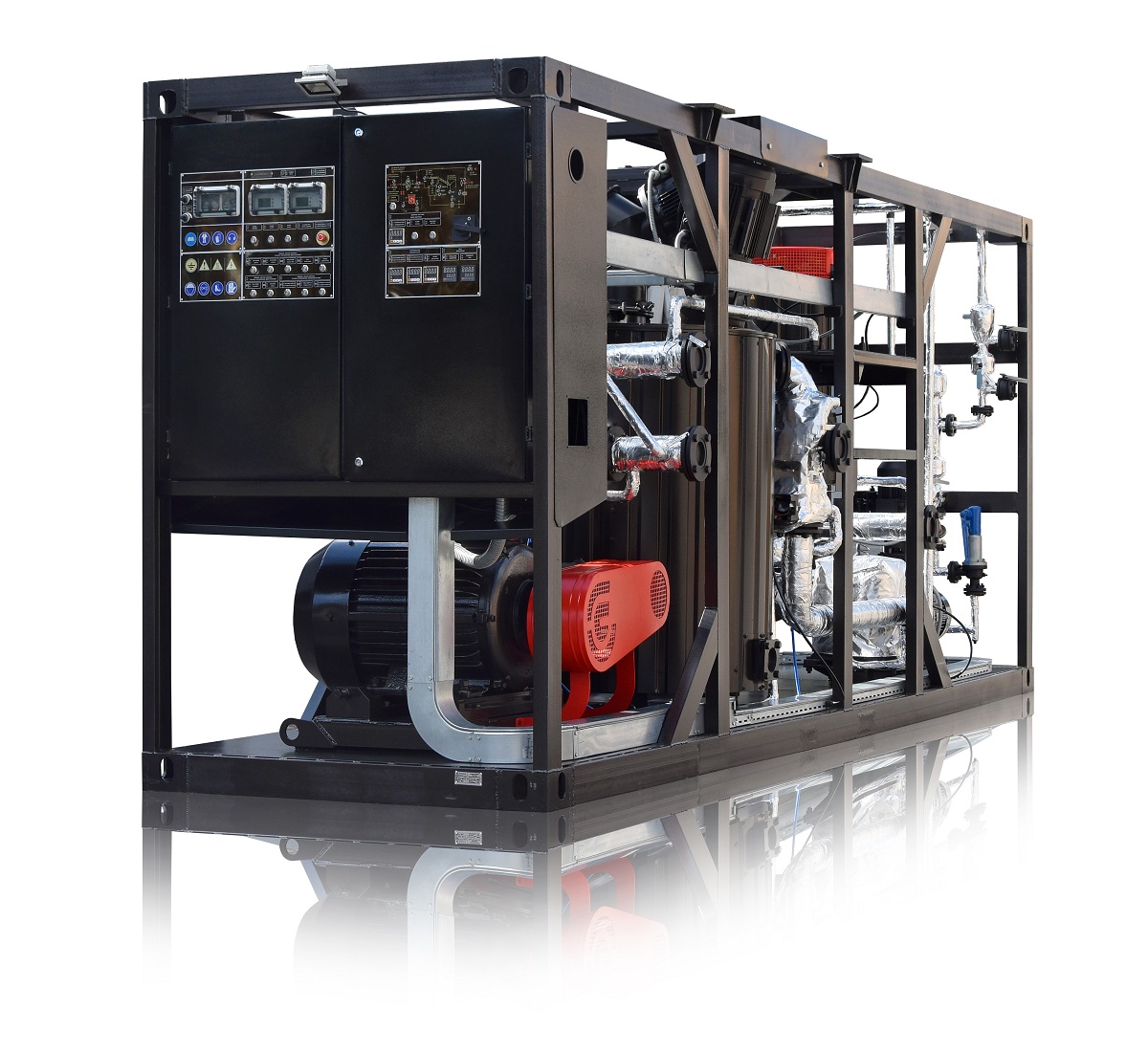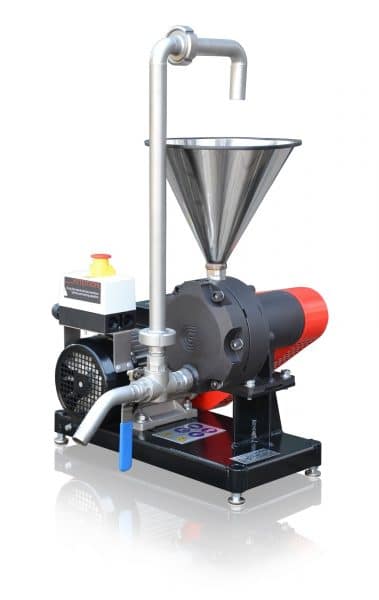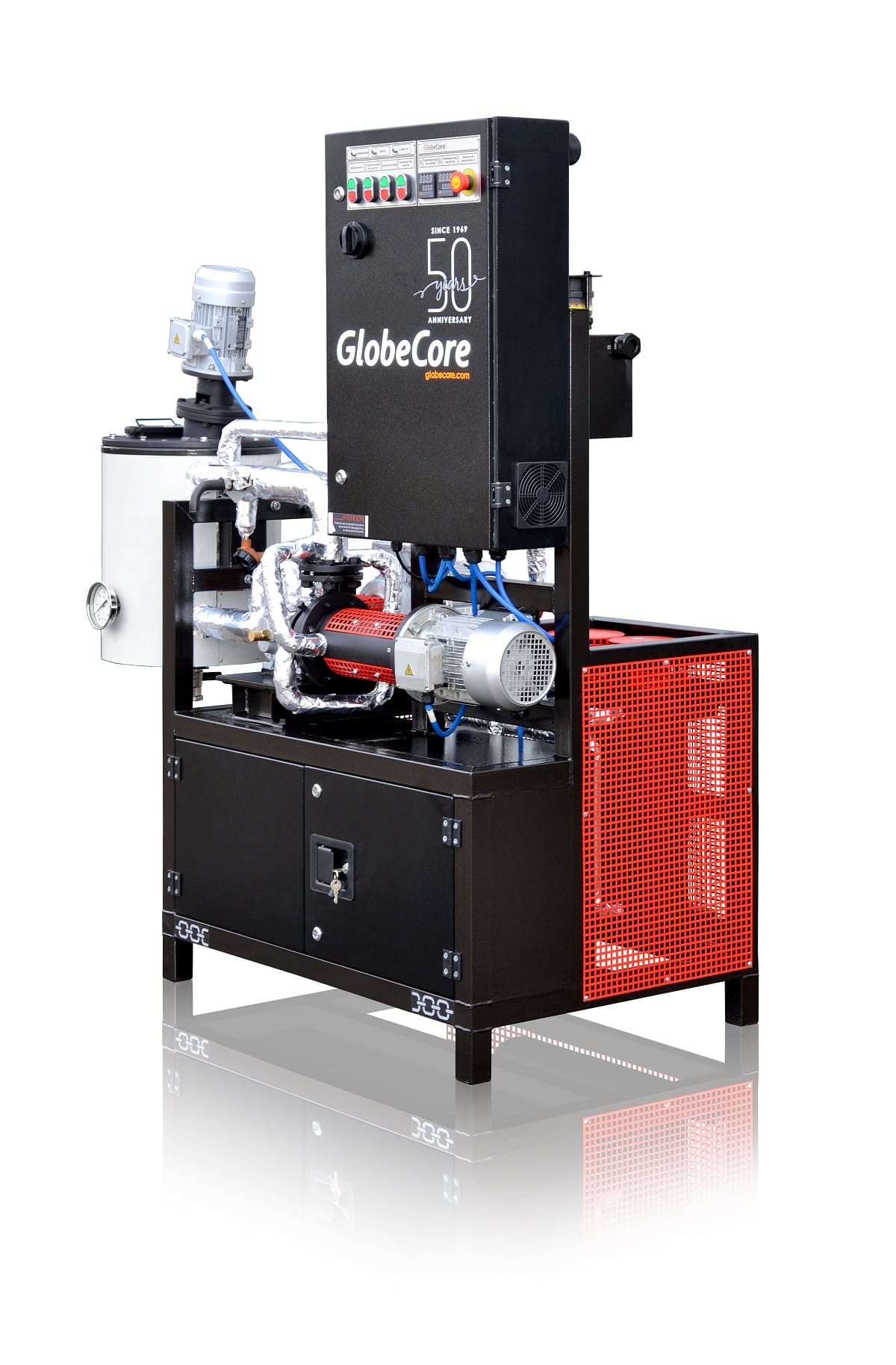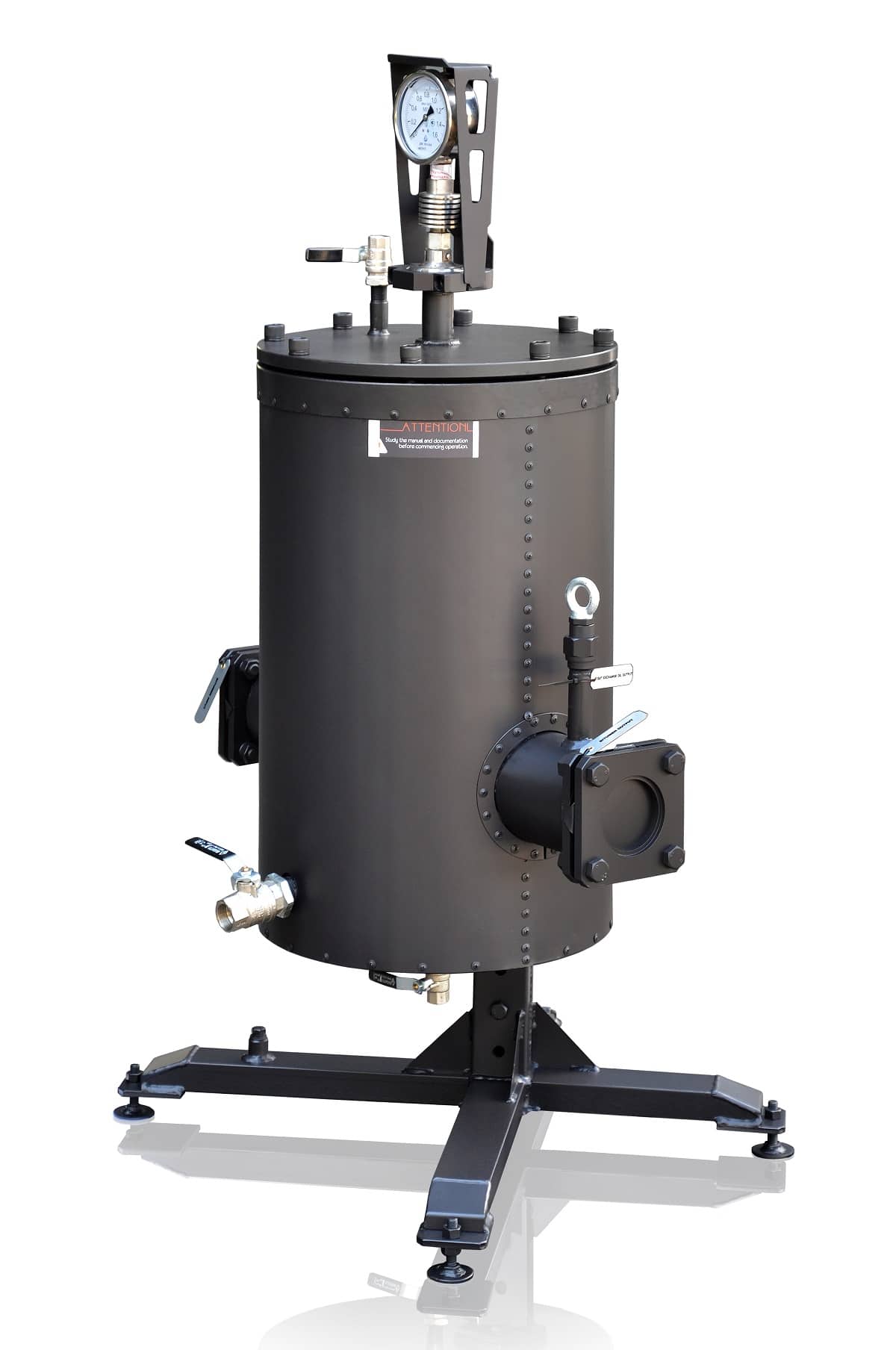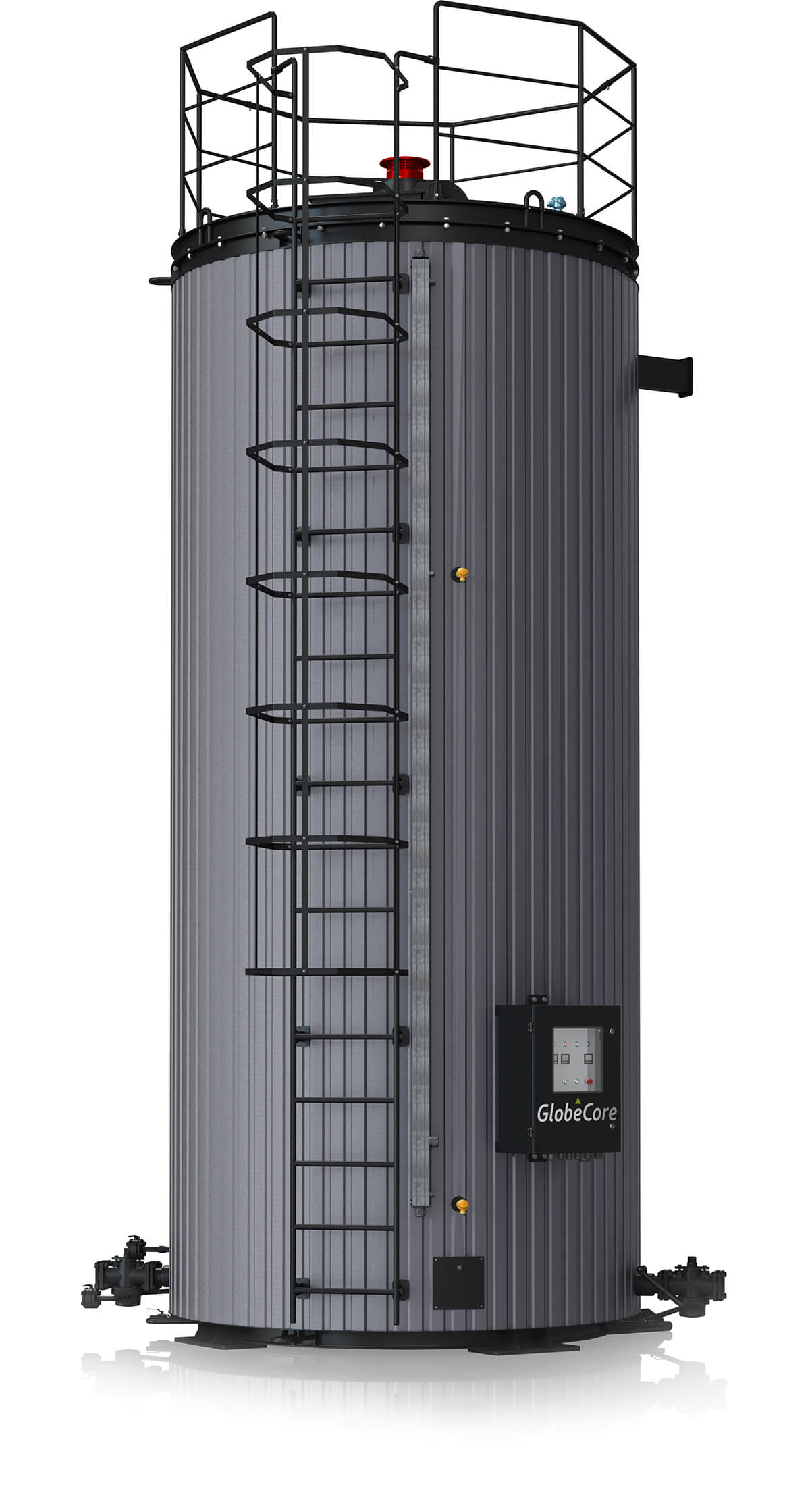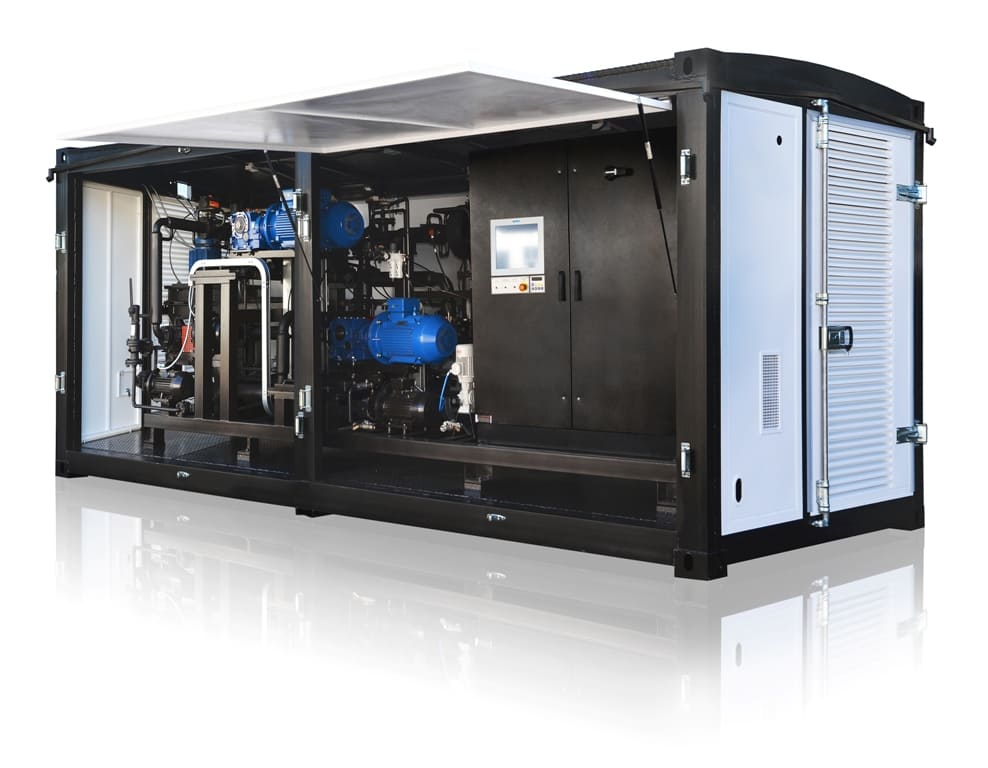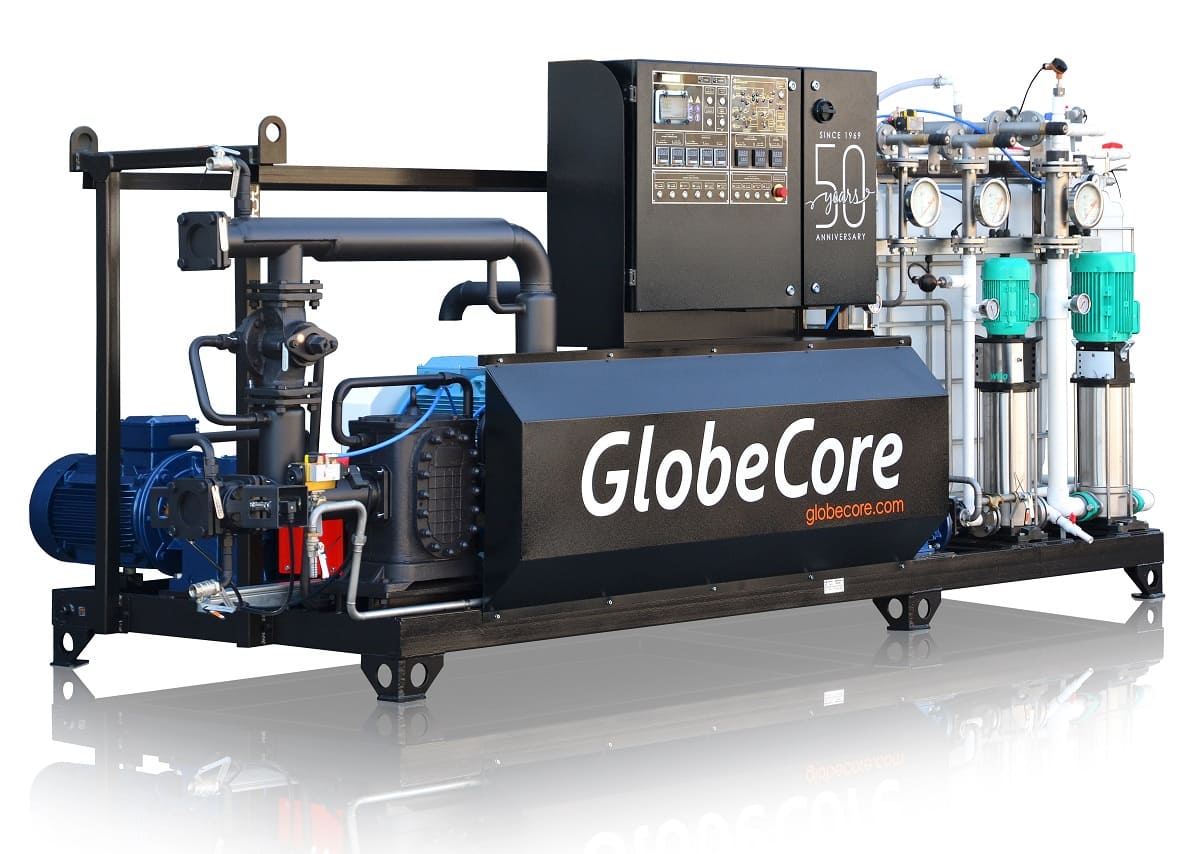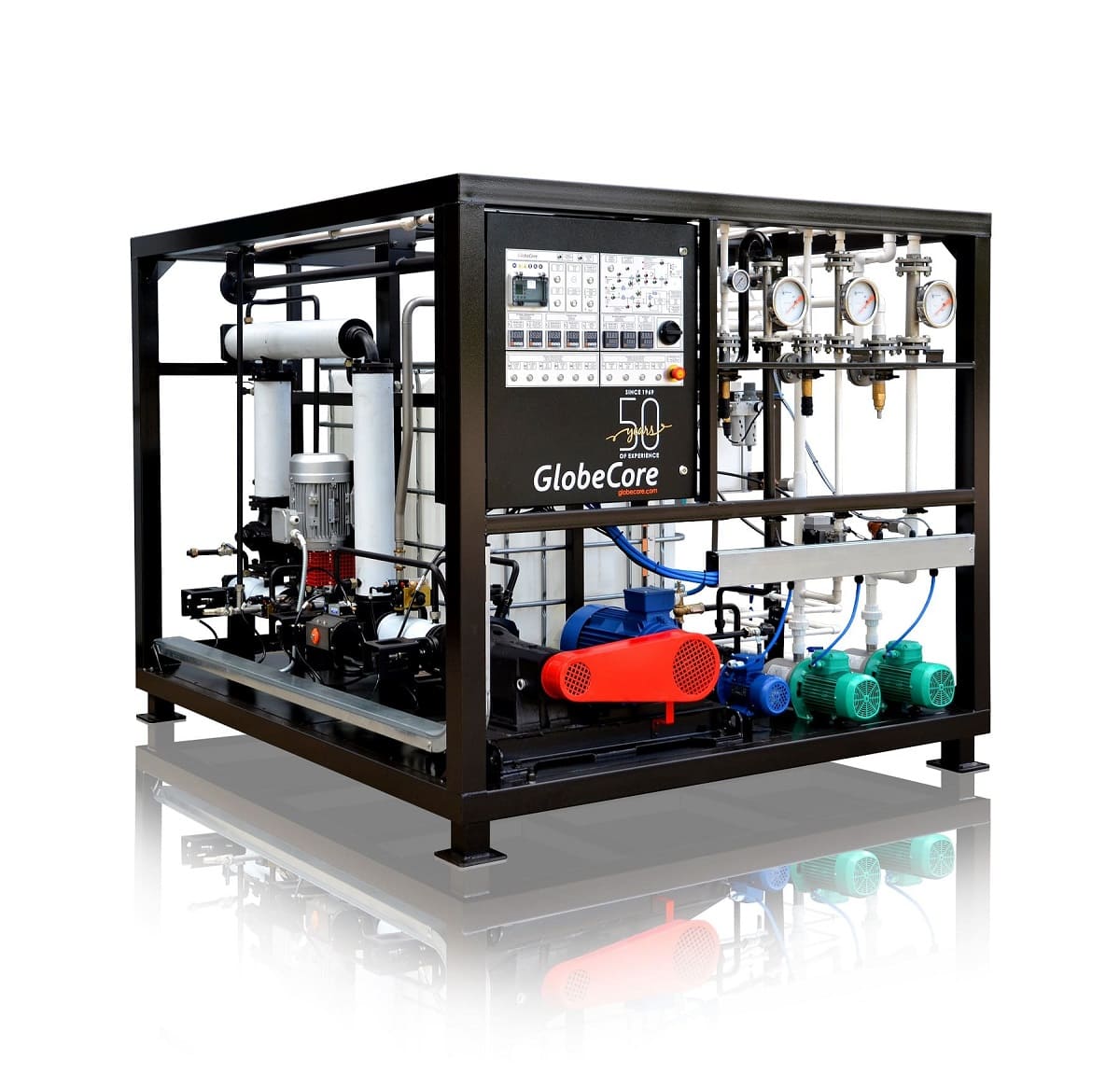Bitumen is a unique blend of hydrocarbons and their derivatives that are widely used in construction, from residential and industrial structures to highways and runways. While bitumen can be replaced with materials of similar composition, replacing it with something of similar cost is virtually impossible. Bitumen has been used in construction for centuries. During this time, due to its excellent binding abilities, builders have come to greatly appreciate bitumen’s qualities. These qualities are defined by the crude oil used to make bitumen and the method and quality of the oil refining process.
Modern petrochemical industry professionals attempt to maximize the yield of light oil products and extract most of the paraffin-naphthenic fractions from the bitumen. This reduces its flexibility at low temperatures and reduces the softening point at high temperatures. Most modern bitumen will lose elasticity at approximately twenty degrees (20oC) and begin to soften at between +45oC to 48oС. The use of non-modified bitumen therefore, in both road construction, which requires a binder with a temperature range from -40oC to +70oC, and for roofing materials, which are often subjected to temperatures up to 90oC, is not efficient. Fortunately, there are ways to change and improve the properties of bitumen by mixing it with various additives. This is best achieved in special bitumen modification units such as the GlobeCore USB bitumen modification system.
The least expensive method of improving bitumen’s useful temperature range is to add a large amount (15% or more) of mineral filler such as chalk or talc. The result is a very thick product mostly used as a mastic.
It is far more popular to modify bitumen using byproducts of other processes, such as rubber pellets from used tire processing or rubber resin ataxic foam propylene. Unfortunately, the technology of mixing such filler with bitumen requires temperatures above 180oC. Such high temperatures will disintegrate the structure of the rubber resin and oxidize the bitumen. The result is a modified bitumen with a high softening point, but with low ductility, elasticity and high brittleness at low temperatures. This makes it difficult to use in road construction. The alternative to high heat is to introduce more components (swelling accelerators, plasticizers, and adhesives), thus significantly increasing the cost of the modified bitumen.
A better solution is found in a separate group of modifiers known as polymer additives. They include ethyl vinyl acetate and its graft copolymers, as well as high and low pressure polyethylene. These additives are more convenient to use than mineral ones. They significantly increase the useful temperature range especially at the high side of the range without increasing the brittleness characteristics of the bitumen.
Polymer modified bitumen has been used with great success as a sealant or mastic in roof construction and waterproofing, but its use in road construction is limited by to temperatures above -15oC which reduces it use warm seasons and very mild winters.
The most widely used bitumen modifiers today are the so called “styrene rubbers” such as styrene-butadiene-styrene (SBS) and styrene-ethylene-butylene-styrene (SEBS). These additives improve the elasticity of bitumen at all temperatures and provide high ductility. The “Brittle Point” drops to -24oС, making bitumen modified with SBS and SEBS useful in road construction and repair even during cold winter months.
Introduction of small amounts of other additives, such as polymeric petroleum resins, improves surfactant properties of modified bitumen for the production of excellent primers, mastics, and gluing compounds. The use of polymeric petroleum resins as a primary modifier increases hardness of bitumen and its softening point.
If you are in the market for bitumen modification equipment, we recommend that you contact GlobeCore’s specialists. The GlobeCore USB units incorporate versatile assemblies for preparation of various types of modified bitumen. The units include two reactors with vane agitators, colloid mills, heaters and precise portioning systems for both bitumen and modifiers. These bitumen modification units produce excellent bitumen products based on any modifier and additive, thereby giving your products a wide and stable market.


